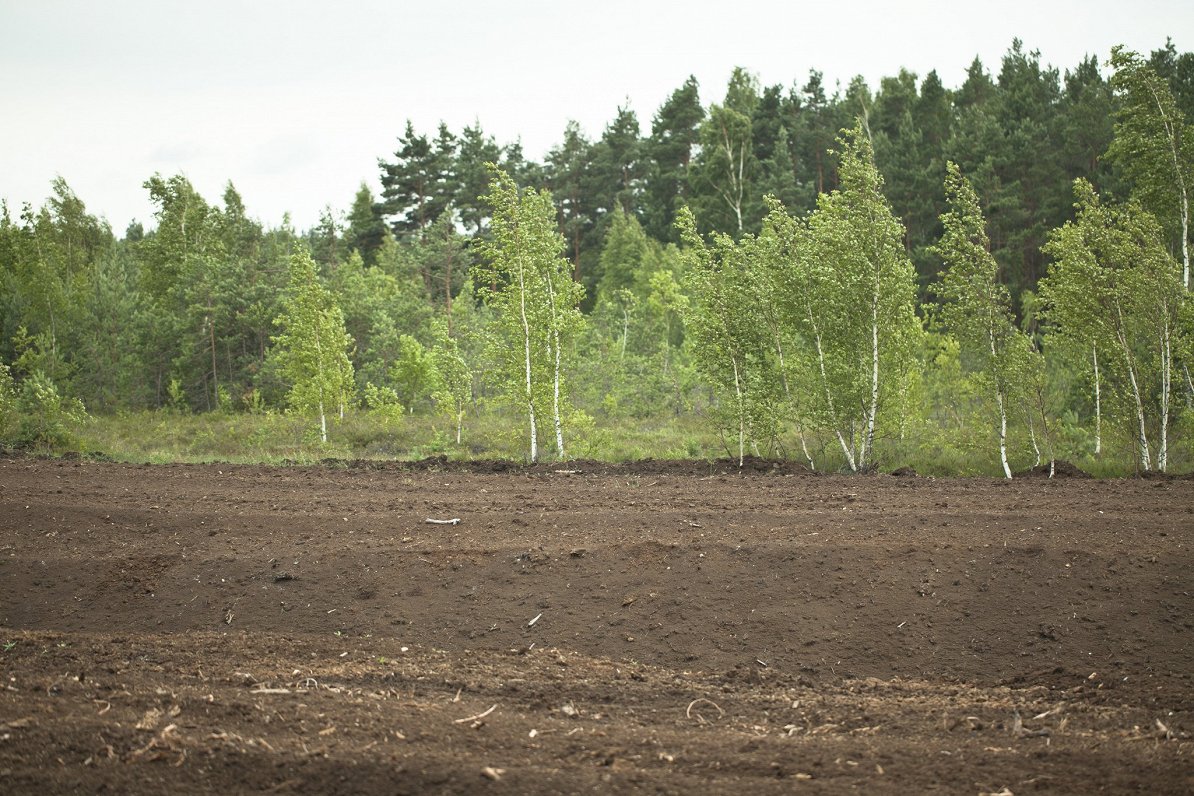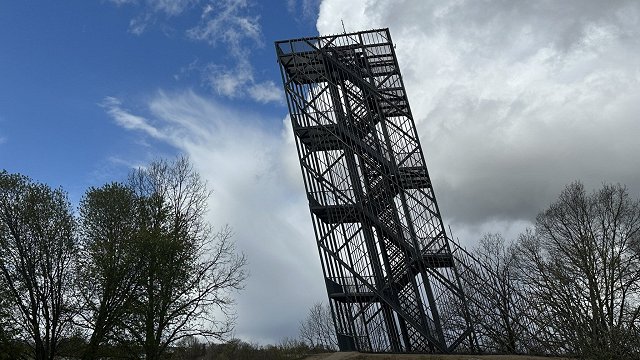The use of peat in energy concerns the objective of achieving climate neutrality in 2050, which is why the Ministry of Environmental Protection and Regional Development called for the abandonment of peat use. Minister Artūrs Toms Plešs (Development/For!) stressed that the withdrawal would allow for the allocation of a fair reshuffle fund of €184 million from the EU.
The use of peat in energy is minimal. “The amount of peat used for energy from the total volume of peat produced in Latvia is 0.5%. Accordingly, 99,5% of peat produced is used for substrate, forest, gardening and the like,” said Plešs.
The Latvian Peat Association (LPA) does not agree with this. They say peat production is large enough to make it more beneficial not to go for Europe's €184 million.
“If we are currently talking about limiting or stopping the extraction of fuel peat, we are talking about heat. About heat this year, next year, and ten years later. We must certainly foresee that we can burn our own fuels in crisis situations. These 184 million are not worth it. We pay that in taxes over 10 years,” said Ilze Ozola, spokeswoman for the LPA.
The government considers that peat energy should be maintained as a plan in a crisis, with examples in other countries of the European Union.
“Of course, desperate times call for desperate measures. And like in Germany, where [they] clearly go away from coal, now they burn more coal [..] In emergency situations, we will of course act as necessary,“said Prime Minister Krišjānis Kariņš (New Unity).
The government approved the withdrawal unanimously. The territorial plan for a fair reshuffle must now be approved by the European Commission.



























